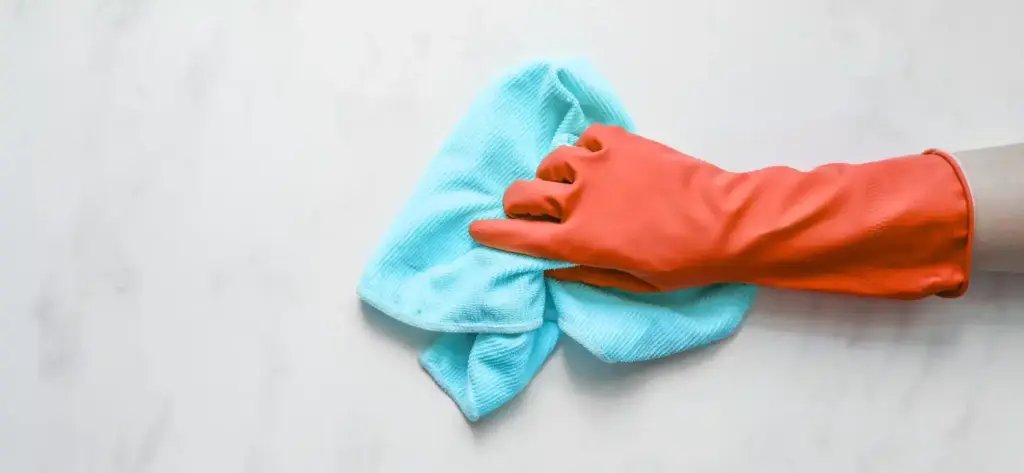
Hospitals across Australia are increasingly adopting an innovative cleaning intervention that is significantly reducing infection rates, saving money, and freeing up hospital beds. This practice, rooted in research led by the Hunter Medical Research Institute (HMRI), focuses on the often-overlooked cleaning of shared medical equipment, demonstrating a cost-effective strategy to enhance patient care.
Known as the CLEEN study, the clinical trial was conducted at Gosford Hospital and spearheaded by University of Newcastle Professor Brett Mitchell from HMRI’s Infection Research Program. Funded by a National Health and Medical Research Council (NHMRC) Investigator Grant, the study revealed that enhanced cleaning of shared medical equipment resulted in a 34% reduction in hospital-acquired infections.
Revolutionizing Hospital Cleaning Practices
Shared equipment such as blood pressure cuffs, commodes, and drip stands are used by multiple patients daily, often with minimal or no cleaning between uses. Despite existing infection control guidelines, cleaning responsibilities are rarely assigned to specific individuals, leading to frequent oversight.
“It sounds like a simple thing, but it’s a problem that has persisted for decades, across many hospitals and across the world,” Professor Mitchell noted.
To address this, the trial introduced an additional three hours of cleaning per ward each weekday. Dedicated, trained staff used detergent-disinfectant wipes to clean shared equipment, increasing cleaning compliance from approximately 20% to 70%.
“The result was a 34% reduction in hospital-acquired infections. The research also estimated that for every 1,000 patients, the intervention would free up 384 bed days, reducing delays for elective surgeries and emergency department admissions.”
Cost-Effectiveness and Broader Implications
Infections not only pose a threat to patient health but also extend hospital stays and escalate diagnostic and treatment costs. By reducing infections, the CLEEN study improves patient safety and creates a more efficient health system.
The study also assessed cost-effectiveness. The expenses associated with hiring additional staff and supplies were outweighed by the savings from fewer infections, shorter stays, and reduced treatment costs.
“This is one of those rare health interventions that improves outcomes and reduces costs. It’s a win-win,” Professor Mitchell stated.
Since its publication, the study has begun influencing hospital policy. A recent survey revealed that around 30% of Australian hospitals have implemented the cleaning approach, either fully or partially, with many others considering it. Internationally, the study has garnered attention in the United Kingdom, Norway, Singapore, and Japan.
Global Impact and Future Prospects
What makes the CLEEN study particularly significant is its comprehensive scope. While most infection control trials focus on specific bacteria or infection types, this study examined all adult inpatient infections, providing broad insights and robust evidence.
Although the focus was on hospital wards, the findings are also applicable to other settings where equipment is shared, such as aged care and childcare. “It’s not about creating sterile environments,” Professor Mitchell said. “But it shows that smart, evidence-based cleaning helps protect people and improves care.”
The benefits extend beyond infection control. Reducing infections means patients recover faster and are discharged sooner, alleviating pressure on busy hospitals. This is especially crucial in Australia’s public health system, where bed shortages and waitlists are persistent challenges.
As we observe Clean Hospitals Day on October 20, the research underscores the notion that small changes can have a significant impact, not only in hospitals but across the broader healthcare system. It also highlights the importance of investing in practical solutions supported by solid evidence.
With this evidence in hand, hospitals now have a clear path to improving safety and efficiency. The CLEEN study exemplifies how local research can address global challenges, providing a practical model that can be adapted worldwide.





